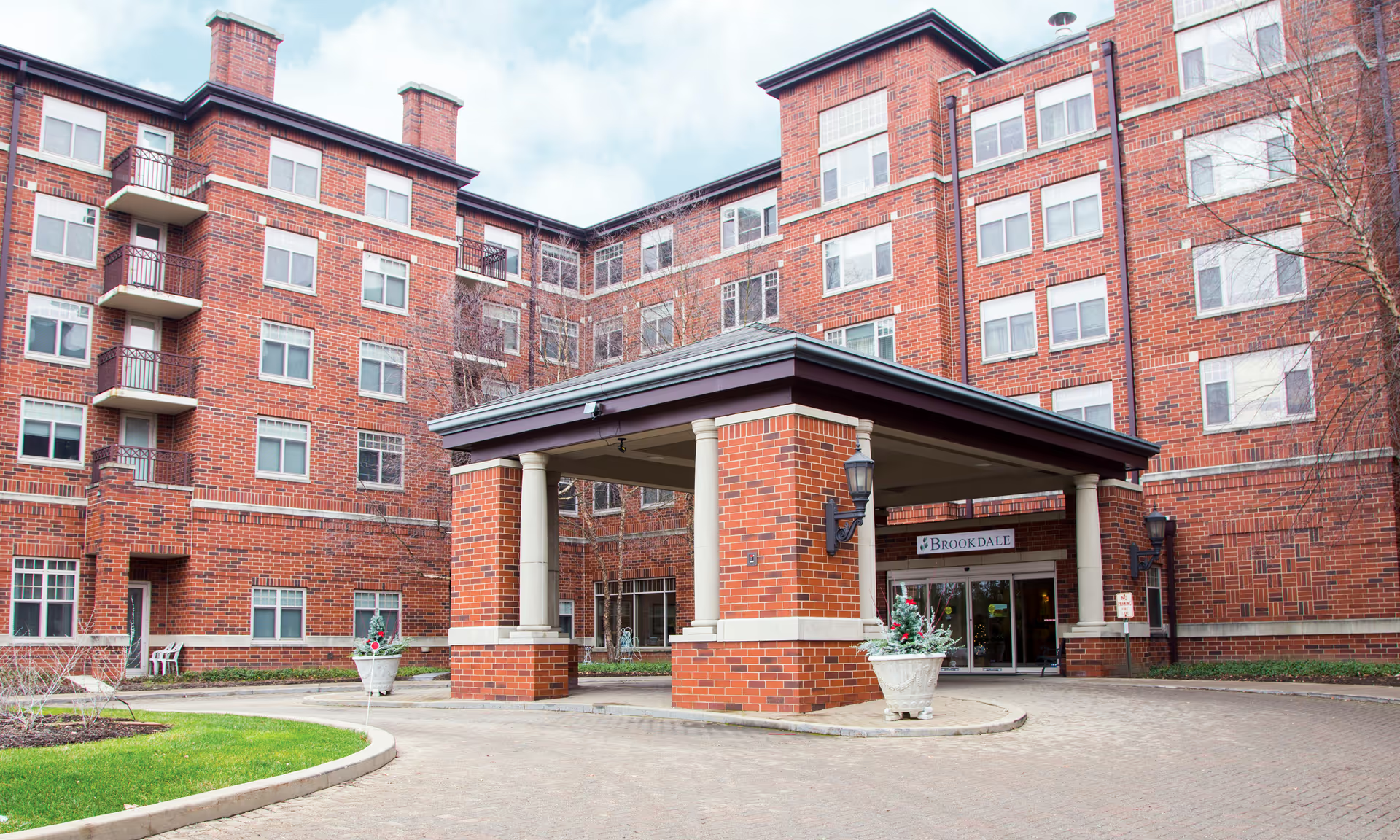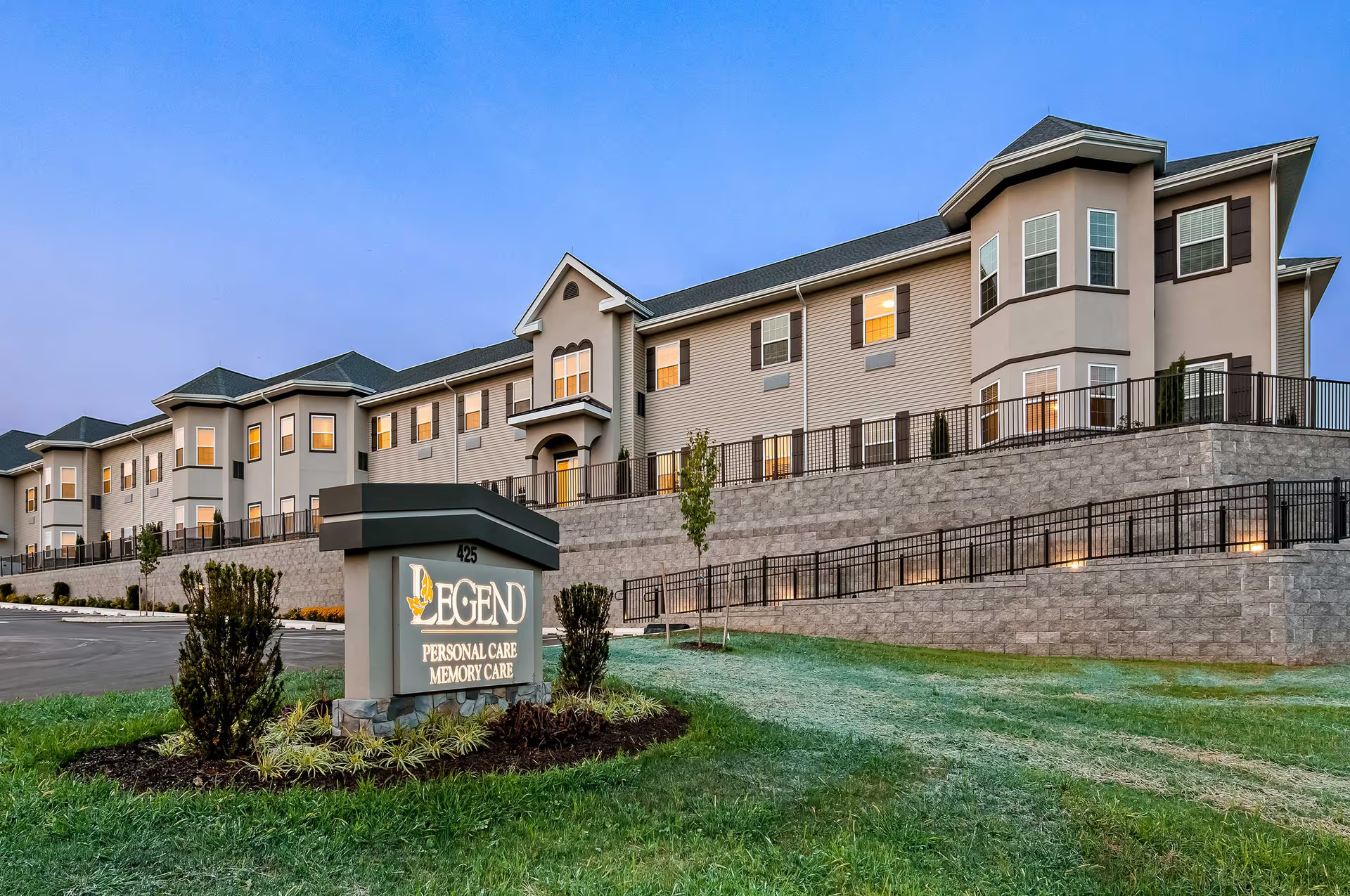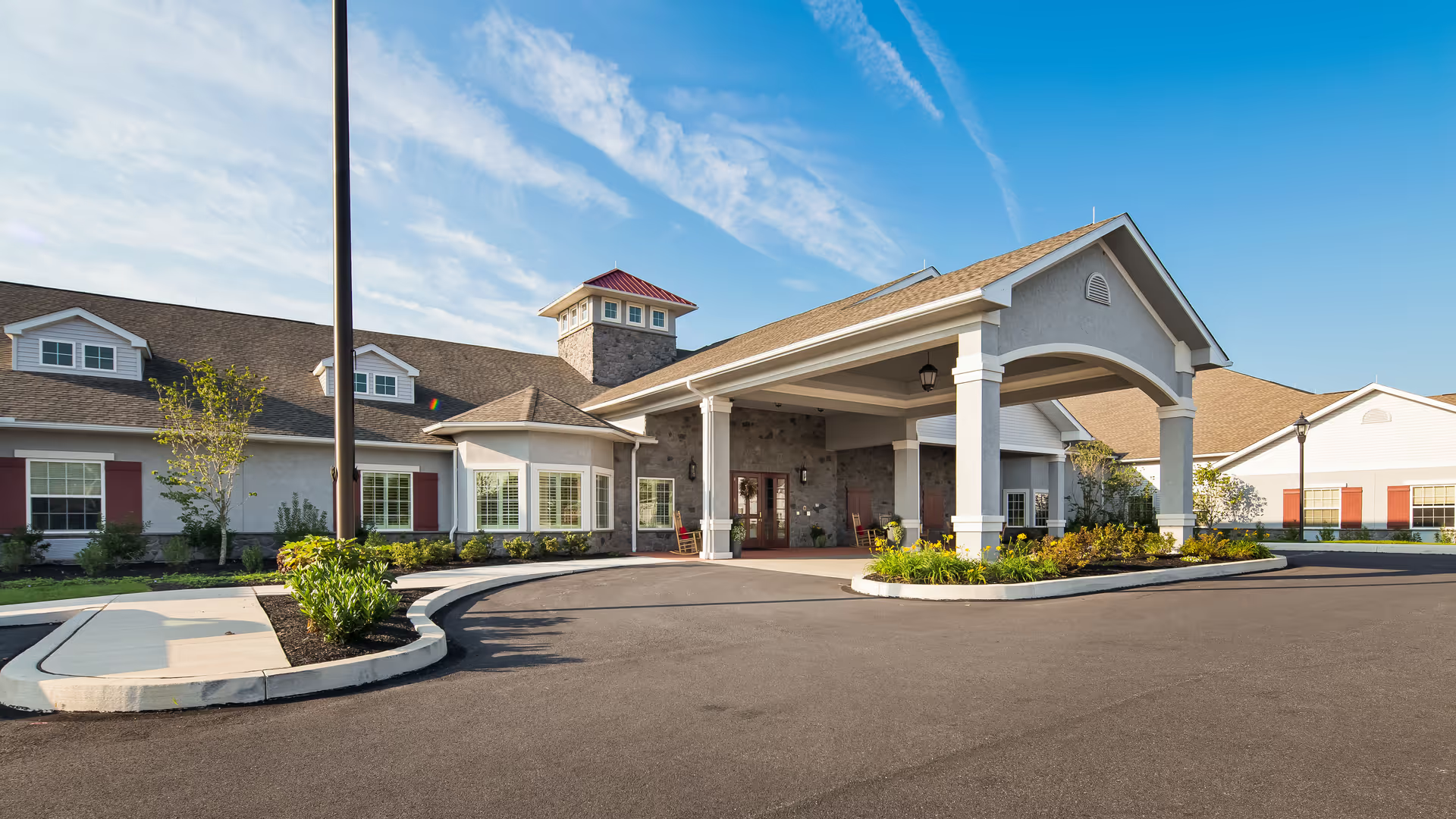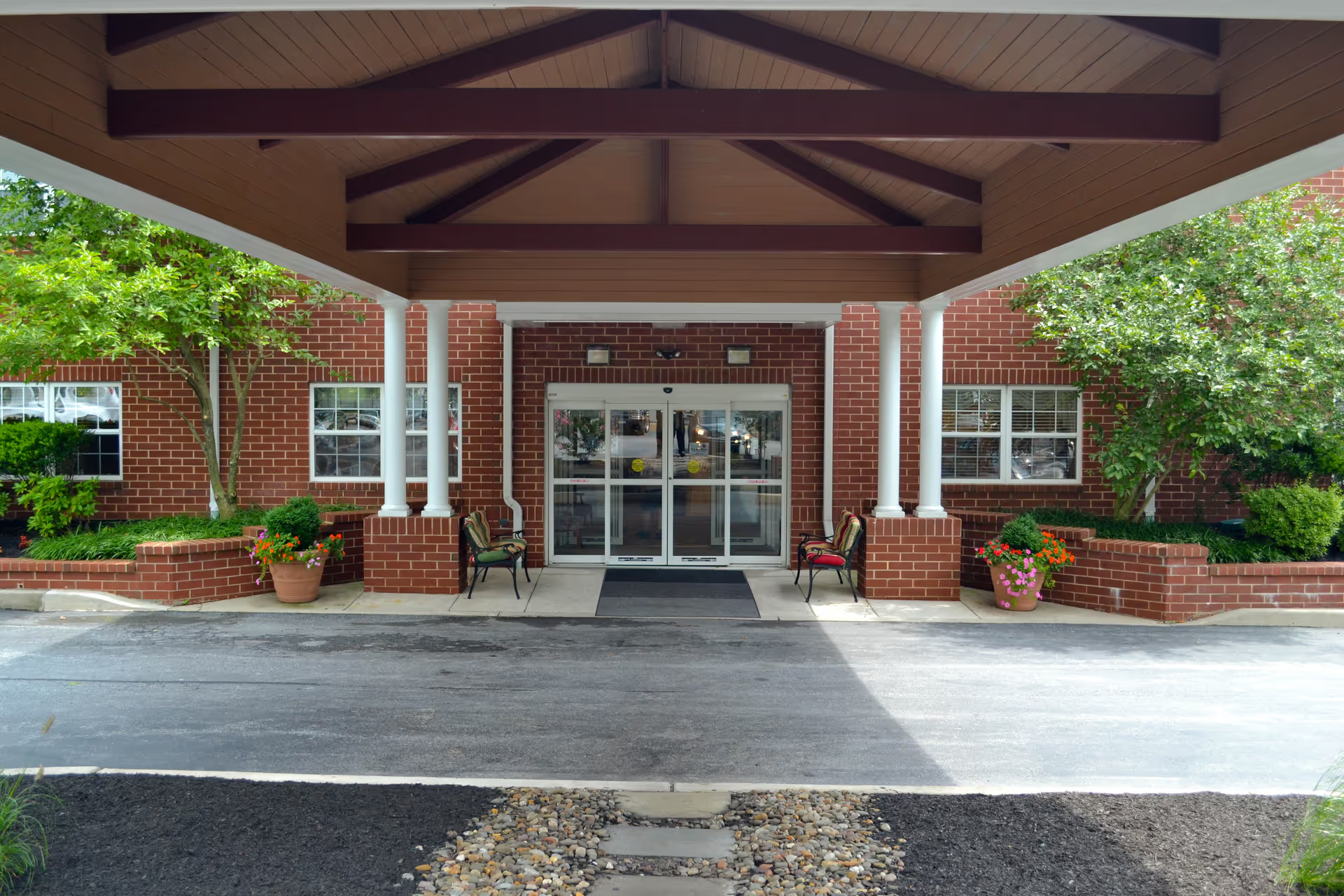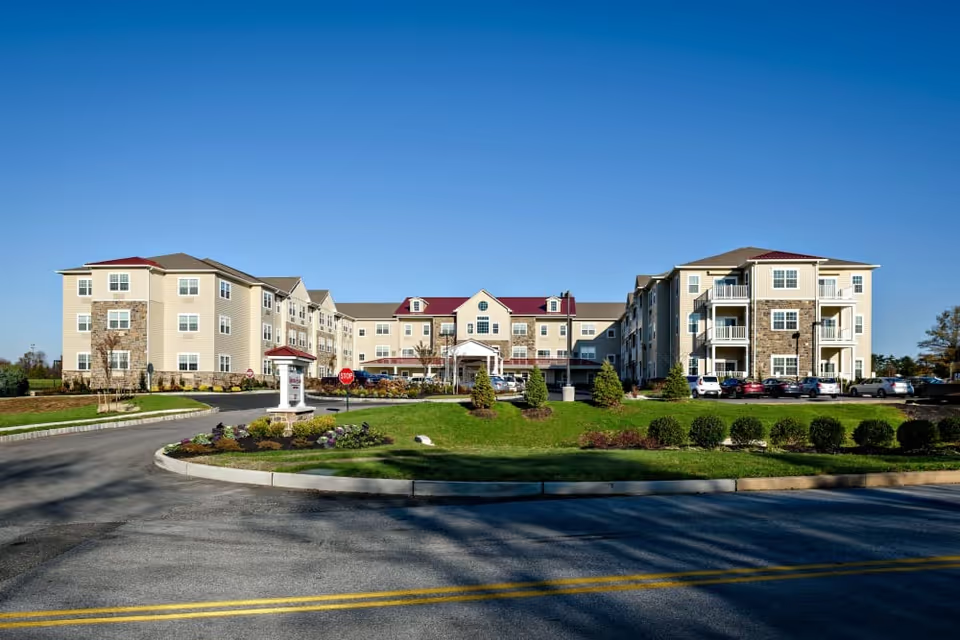Overall sentiment: Reviews of Westmoreland Manor are highly mixed, with strong, recurring praise for individual caregivers and certain services balanced against frequent and serious concerns about staffing, management, and inconsistent quality of care. Many families and residents report excellent, compassionate treatment by specific nurses, aides, and support staff; at the same time, a sizable set of reviewers describe rude or apathetic employees, clinical lapses, and systemic problems that significantly affect safety and quality.
Care quality and staffing: The dominant theme across reviews is inconsistent care driven largely by chronic understaffing and high turnover. Multiple reviewers describe nights and weekends as particularly short-staffed, with ratios cited like three CNAs and one nurse for 45–50 residents on a floor. When staffing is adequate, staff are frequently described as loving, caring, and attentive; when understaffed or staffed with inexperienced replacements, families report long delays for assistance (including toileting help), missed basic needs, and a hands-off, impersonal approach. There are several alarming clinical complaints — medication errors (including one report of a laxative overdose) and malfunctioning oxygen tanks — that suggest lapses in clinical oversight. Several reviewers explicitly caution that families must be vigilant and continuously advocate to ensure appropriate care.
Staff behavior and communication: Communication quality is uneven. Many reviewers praise specific nurses for excellent family communication and proactive follow-up, while others find social workers hard to reach, bureaucratic, or obstructive. There are repeated reports of rude, gossiping, or privacy-violating staff in some units, contrasted with accounts of respectful, dignified treatment in others. This variability appears to be unit-specific in some cases (for example, reviewers contrasted a numb or transactional second floor with a respectful secured fourth-floor unit). Agency staff and scheduling tensions also come up; some families feel administration sides with staff over residents when issues are raised.
Facilities and maintenance: The physical plant receives mixed but generally positive feedback for cleanliness and amenities. Several reviewers note a clean, well-maintained facility with attractive common areas (patio, library, chapel), good-sized activity rooms, and adequate rooms. At the same time, there are recurring operational issues: elevators described as frequently out of order, occasional dirty areas and odors, and some reports of a decline from a previously top-notch condition. Location and exterior aesthetics are noted positively by some, though one reviewer pointed out proximity to a prison as a concern.
Dining, activities, and resident life: Dining is one of the stronger positive themes — multiple reviewers cite good meals, variety, and staff in the dining room being pleasant, with some residents gaining weight during their stay. Activity offerings are reported as robust on some units (daily activities, church services, frequent invitations), contributing to positive experiences. Conversely, other reviewers report canceled or poorly managed activities, lack of engagement, and no transport arranged for outings. There are also specific concerns about how the facility manages residents with dementia: one reviewer found the lockdown/dementia unit frightening and unsuitable for long-term placement despite others praising the secured unit's respectfulness.
Management, administration, and processes: Several reviewers perceive administration as focused on financial goals rather than resident care, with comments about pressure to accept rehab stays and an emphasis on admissions. Social work and administrative responsiveness is uneven — some families received helpful placement and financial guidance, while others describe obstructionism and difficulty reaching staff. Reported issues with scheduling, agency staffing, and leadership changes (new administrator) are cited as contributors to variability in care.
Patterns and recommendations: The reviews point to a clear pattern of variability — excellent and compassionate care is possible at Westmoreland Manor, but it is inconsistent and appears sensitive to staffing levels, unit, and leadership. Positive reports often come from short-term rehab or when dedicated long-term staff are present; negative reports cluster around understaffed periods, certain floors, and times of high staff turnover. Safety-related complaints (medication errors, equipment problems, unmet basic needs) are significant and warrant attention.
For families considering Westmoreland Manor: expect that you may find devoted, professional caregivers and good amenities (meals, activities, clean spaces), but plan to visit in person, ask about staffing ratios on the specific unit, clarify how dementia care is managed, and be prepared to advocate for basic needs and clinical follow-up. If considering long-term placement for someone with significant memory-care needs or high clinical complexity, weigh mixed reports carefully and verify current conditions, staffing, and quality measures. The facility appears capable of providing excellent care in many cases, but persistent reports of understaffing, inconsistent management, and occasional clinical errors are important cautionary signals.
